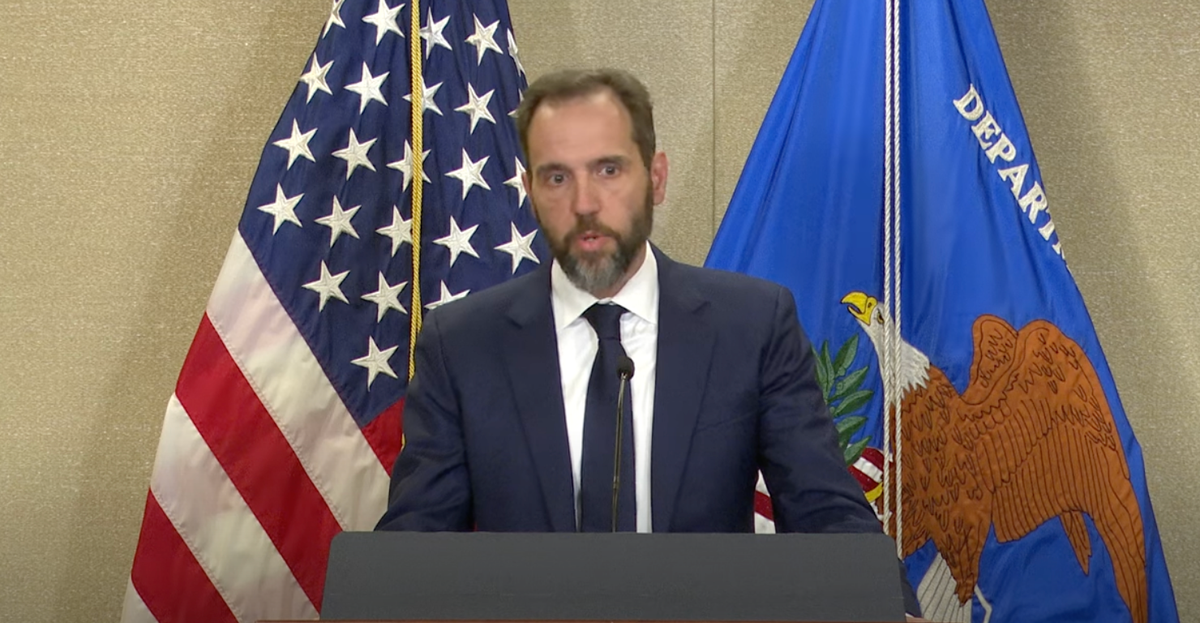
Jack Smith might have to downshift.
The special counsel's gambit to hopscotch the appeals court and barrel straight into the Supreme Court for a ruling whether or not a president can claim immunity from prosecution or not — may be struck down.
Former federal prosecutor Elie Honig stated as much during an appearance on CNN.
He points to how Trump's attorneys are betting the house that Smith's attempt to hurry up and try Trump in his criminal election subversion case won't be revealed in any formal document.
ALSO READ: Neo-Nazi leader says he's banned from U.S. military bases
In Trump's 34-page argument, attorney D. John Sauer admitted that “erroneous denial of a claim of presidential immunity from criminal prosecution unquestionably warrants” the highest court in the land to review.
But process must be respected and so this case should be resolved "in a cautious, deliberative manner” and “not at breakneck speed.”
Honig thinks Smith's attempt to go "outside the normal channels" is going to have a hard time under scrutiny.
He also said that the reasons to push for speedy justice are left intentionally murky and vulnerable.
"Donald Trump's team identifies a real weakness in Jack Smith's position which is this: Jack Smith will not say in court or in his briefs that the reason he wants to speed this up is because he wants to try Donald Trump before the election," Honig said. "Instead, what Jack Smith gives us in his brief is a bunch of vague gibberish where he says, 'Well delay is bad and speed is good and we need speed because it's important because we don't want delay.'"
Trump is pouncing on this and exposing Smith's failure to spell out the real intentions, calling out the vagueness and demanding that they not grant it without a specific reason.
And so Smith's poker play here may be fated to lose.
"I think Trump's team knows there's no way on earth that Jack Smith will ever affirm it's about the election," said Honig. "I think Jack Smith's team hopes the Supreme Court will read between the lines and will get the wink-wink here, but I think it's a coin toss as to what the Supreme Court does on this."




